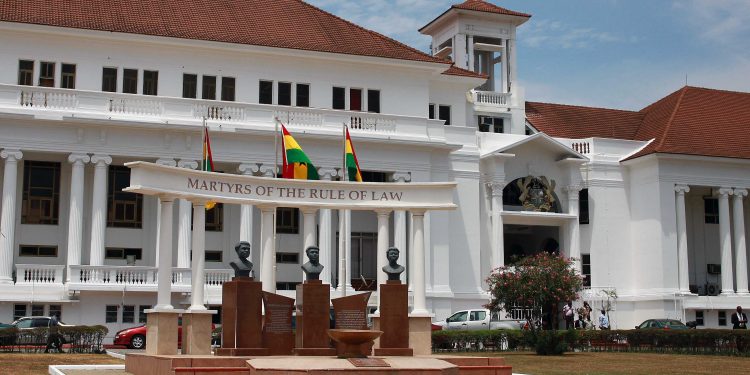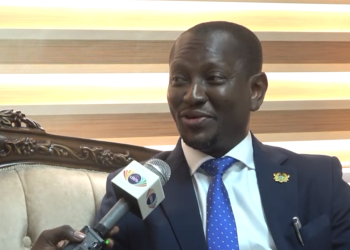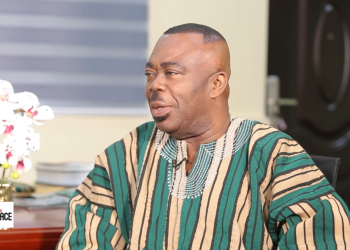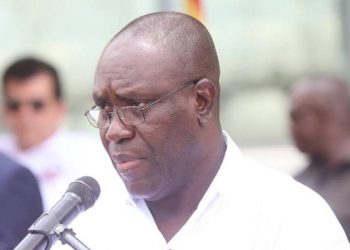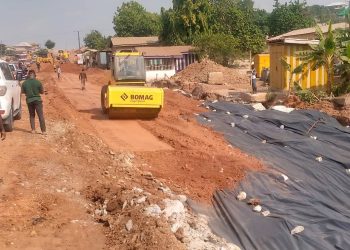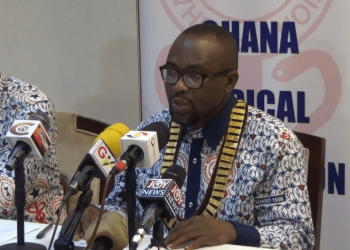Does democracy breed corruption – particularly in developing countries?
There are strong advocates of the theory. And strong detractors.
Some studies conclude that democracy aggravates corruption. For instance, noted scholar of public policy Jong-Sung You’s work explores the relationships between democracy, inequality and corruption. He showsin a study of three East Asian countries that democracy can worsen corruption when a country has high levels of inequality. This, in turn, increases clientelism and patronage politics and state capture.
Other studies show that democracy can help combat corruption. One study by academic Michael Rock, using data from multiple countries shows that corruption initially increased following democratisation. But that it declined later as the age of democracy increases – the turning point is between 10 to 12 years.
This ‘age of democracy’ theory indicates that as democracy gets older, it allows time for the rule of law to be strengthened and transparent and accountable institutions to take hold which are capable of controlling corruption.
Ghana provides an interesting case study. It has been a democracy for the last 29 years. At the same time, corruption remains a monumental challenge.
In a recent paper I explored the issue. I interviewed Ghanaian politicians, academics, anti-corruption activists, and journalists about whether democracy fuels corruption in Ghana.
A fifth of those interviewed argued that democracy fuels corruption in Ghana while about 80% disagreed. But most believed that the way democracy is practised is to blame for corruption – not democracy itself.
My study does not suggest there is less corruption in a dictatorship compared to democracy. Instead, I conclude that corruption is still prevalent in Ghana 29 years after democratic elections because the country has a flawed democracy. There has been a failure to establish and implement robust accountability mechanisms to control corruption effectively.
Democracy fuels corruption
My study drew on 25 in-depth interviews with politicians, academics, anti-corruption activists and media personnel. A number of arguments were put forward by the 20% who believe that democracy leads to more corruption. One was that democracy allows some people to gain power and amass illegitimate wealth without consequences.
A politician said:
It looks like a group of friends come together to form a political party, maybe I will say, with the sole interest of looting the state with little intention of solving people’s problems. But unfortunately, we have only two main parties always positioned for power, and it is always family and friends, like a cartel, always come together, steal, and go and another will come.
Others commented that politicians who win power through the polls loot state coffers to pay off past campaign expenses, finance future elections, and accumulate wealth for future use should they lose power.
This group also reported that political parties in power often shielded their corrupt members to protect party reputation and boost electability. This resulted in impunity.
Some also argued that securing justice in Ghana’s democratic system was hard to achieve. This allowed lawlessness and corruption to thrive.
As another politician said:
Everybody is finding a way to see a judge and pay something, and the prosecutor fails to go to court or drops cases, making people continue to misappropriate public funds because they know they can get away with it.
This points to the fact that the rule of law and checks and balances in government are weak.
Democracy isn’t the problem
A range of arguments were put forward among the 80% who believed democracy could not be blamed for persistent corruption. In their view, democracy has helped promote information flow, shedding more light on corruption than in authoritarian regimes.
A media practitioner said:
Whether military or civilian rule, corruption is there. I don’t think democracy in itself has contributed to the problem of corruption. Suppose we lived in a country where there was no democracy, if a monarchy or a military ruler that did something wrong in government, you couldn’t freely come out to talk about it. Democracy has instead helped us talk about it and bring corruption issues to bare, at least in the public domain.
A political scientist and anti-corruption activist put it this way:
No one can say those authoritarian regimes do not see or harbour corrupt practices except that in authoritarian regimes or dictatorship, information flow is limited, so you don’t get to know.
The fact that democratic freedoms had facilitated information flow and shed light on corruption had created an erroneous impression that democracy fuelled corruption more than authoritarian regimes.
The practice is what counts
In response to the question on whether democracy has helped fuel corruption in Ghana, one respondent, a political science scholar, said:
I don’t think so. It is rather the corrupt practice of democracy that brings about corruption. The corrupt practice of democracy that brings about winner-takes-all politics – we have won, it is our time to chop {enjoy} – that is what brings about corruption. But democracy itself wouldn’t bring about corruption.
Another interviewee commented:
The politics of democracy fuel corruption, but it is not the democratic system of government that fuels corruption. It is the way we do it {democracy}, the way we practise that sometimes fuels corruption.
Other participants commented that monetisation of elections and the lack of transparency in political party funding produced corrupt leaders. This made it difficult to combat corruption.
Also, according to interviewees, Ghana’s 1992 constitution provided insufficient checks and balances. For example, the electoral system enables a winner-takes-all politics in which the group, or party, that wins at the polls (and their allies) are able to monopolise resources.
Next steps
For democracy to reduce corruption, several measures are needed. These views echo arguments made by scholars Landry Signé and Koiffi Korha.
Research participants emphasised addressing extreme executive power while strengthening the rule of law and horizontal accountability institutions. These include the legislature, the judiciary, and auditing and anti-corruption bodies.
Participants also recommended sustained public pressure on whoever is in power to ensure political commitment to combating corruption.
–
By: , Assistant Professor, University of Manitoba.
This article is also a republication from The Conversation under a Creative Commons license. Read the original article.

